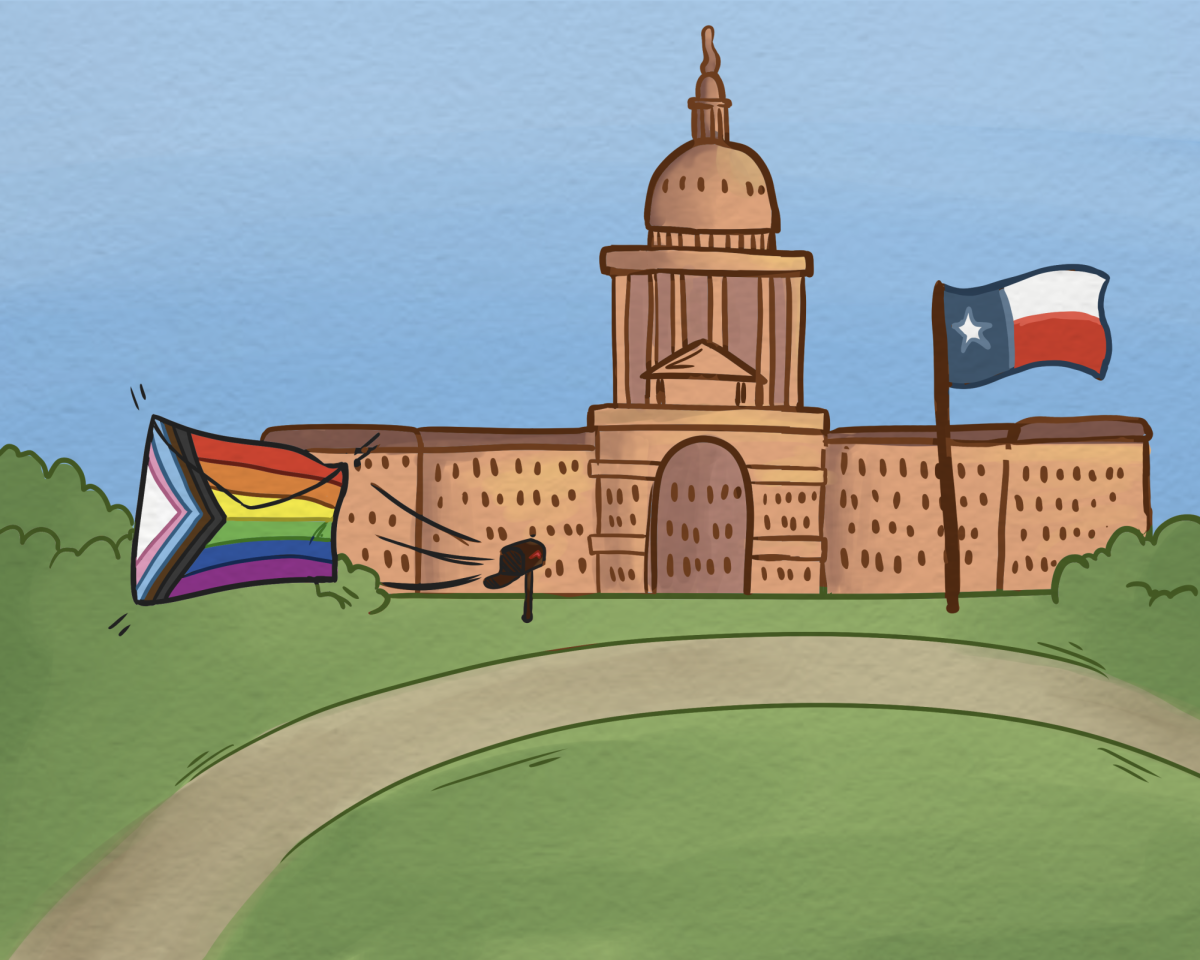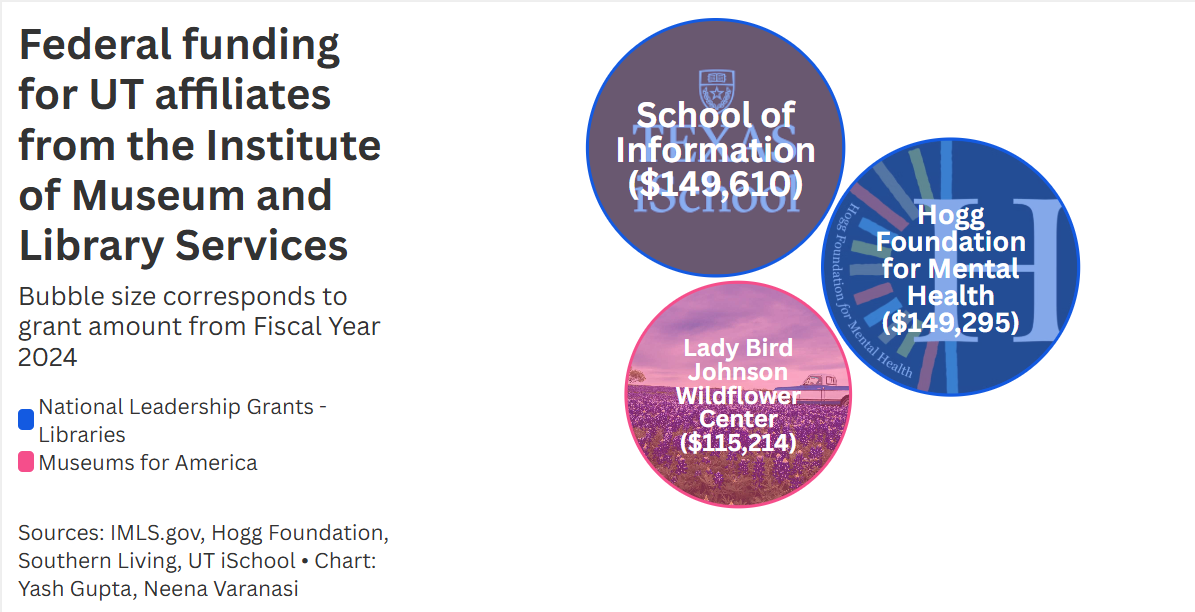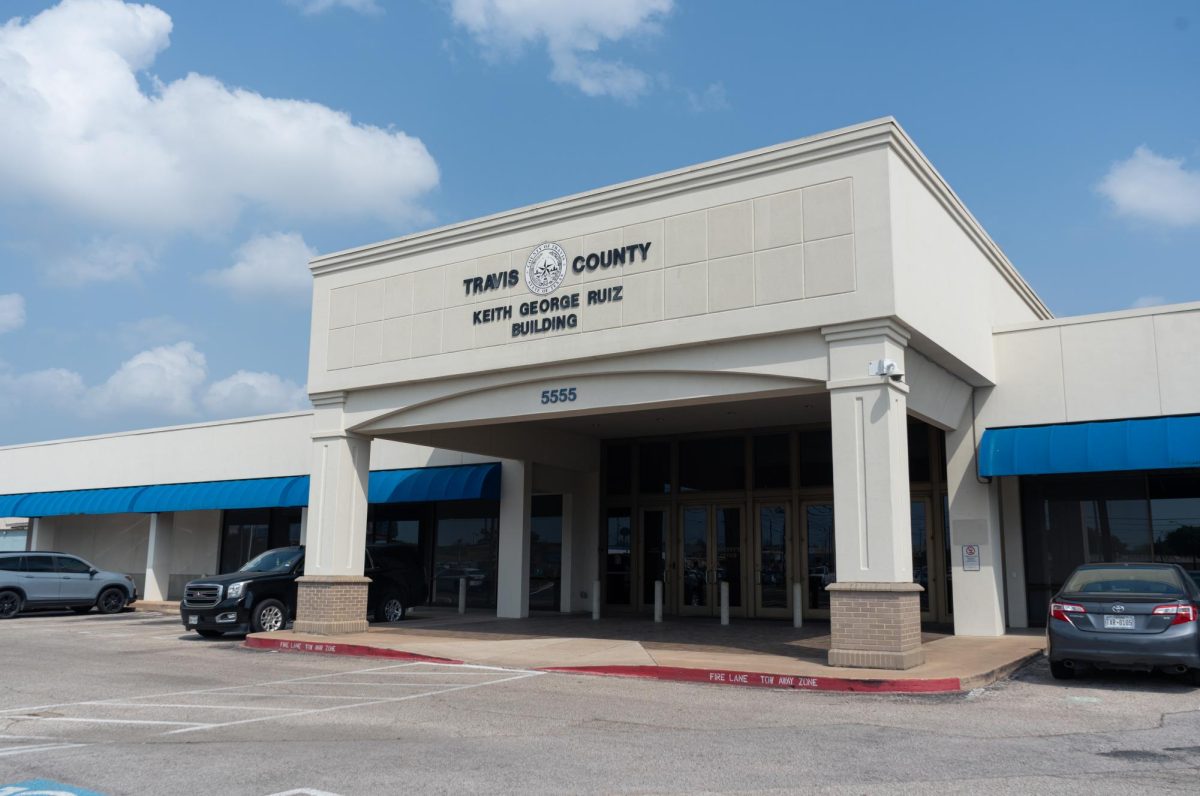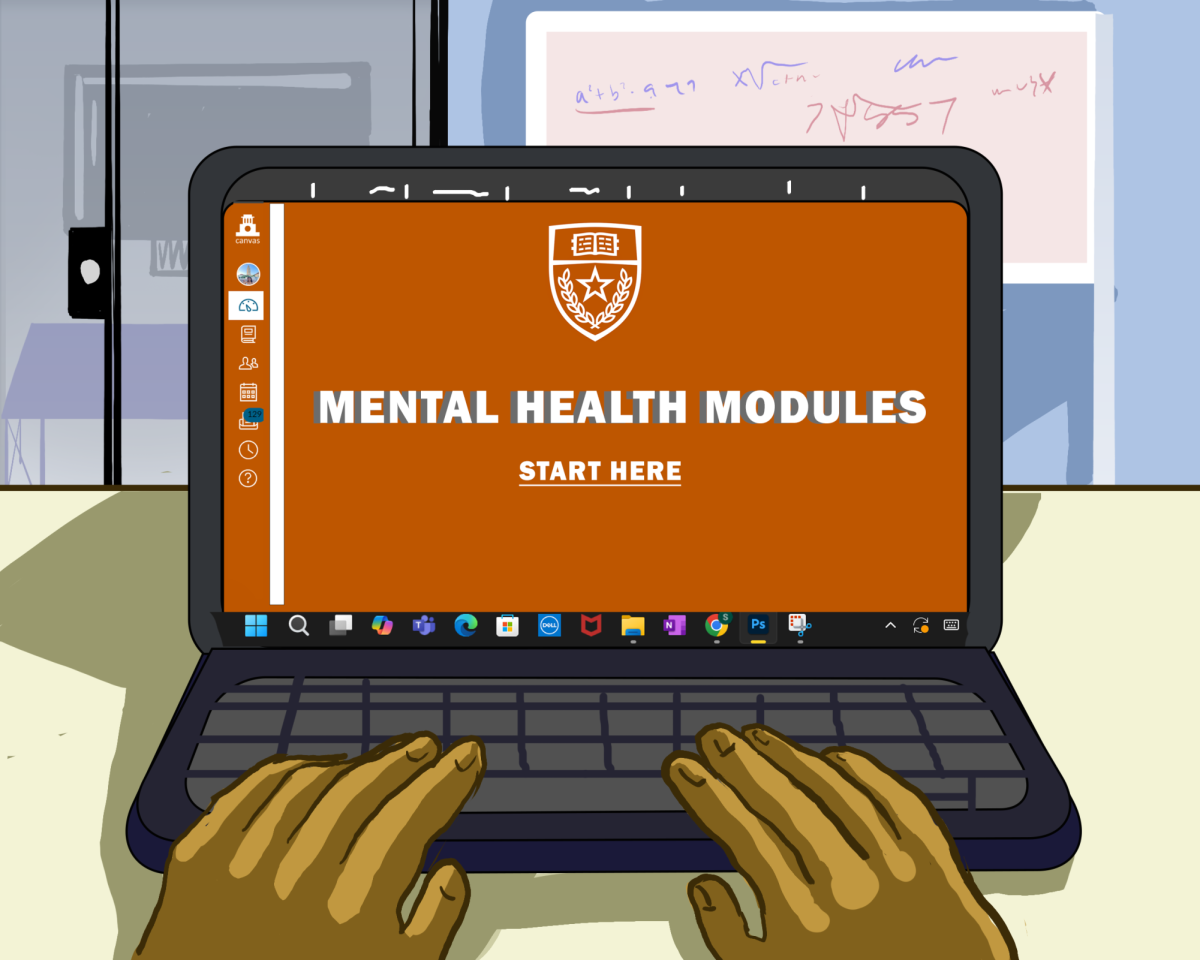Several organizations filed a complaint with the United Nations claiming a human rights crisis for LGBTQ+ Texans late last month.
The joint allegation letter was drafted by the UT Law Human Rights Clinic and signed by Equality Texas, the ACLU of Texas, GLAAD and the Human Rights Campaign. Ariel Dulitzky, the clinical professor and director of the human rights clinic, said the organizations based their claim on seven bills passed by the Texas Legislature last session, including bills that prevent transgender minors from receiving gender-affirming medical care and restrict drag performances around children.
“All those bills as a group target LGBTQIA persons and their rights,” Dulitzky said. “Their right to equality, their right to express their own identity, their right to not be discriminated against, their right to decide their own health treatment, … these are the core allegations that are included in the letter.”
Now, the clinic and organizations are waiting for the UN’s response, which Dulitzky said could take months. If the UN agrees LGBTQ+ Texans are experiencing a human rights crisis, Dulitzky said it may recommend the state government change or repeal certain bills.
The clinic’s complaint is based on the 1948 Universal Declaration of Human Rights, which says individuals are born free and equal in dignity and rights.
Leland Murphy, a first-year graduate student at the LBJ School of Public Affairs, said he hopes the letter will shine a light on Texas’ anti-LGBTQ+ legislation and mobilize people to “build more power back in the right direction.” As part of the LGBTQ+ community, Murphy said the issue is particularly important to him.
“It’s really disappointing and disheartening especially because I know this is not what the majority of people want, it’s a small minority that just happens to also have control over our state government,” Murphy said.
Equality Texas initially reached out and asked for the clinic’s human rights legal expertise, said Jonathan Gooch, communications director at Equality Texas. Equality Texas and the ACLU of Texas met with the clinic a couple of times to give feedback on drafts; however, the bulk of the work was on the clinic and its students.
“The students do the research, they draft the documents, they come up with the best legal ideas, the best legal arguments,” Dulitzky said. “They are responsible up to the end, submitting these to the UN on behalf of the organizations we support.”
Gooch said he reached out to the clinic because he wanted “powerful, competitive thinkers” to be a part of the organization’s work. Gooch, a UT Law alumnus, was also involved with the clinic during his time as a student and served as Dulitzy’s research assistant for a semester.
“I knew the clinic had done some good work in the past, specifically with trans women in prison,” Gooch said. “After one of the worst legislative sessions we had ever experienced, over 140 anti-LGBTQ bills, we were trying to think of new ways to advocate for our community. That’s where the human rights clinic came in.”














